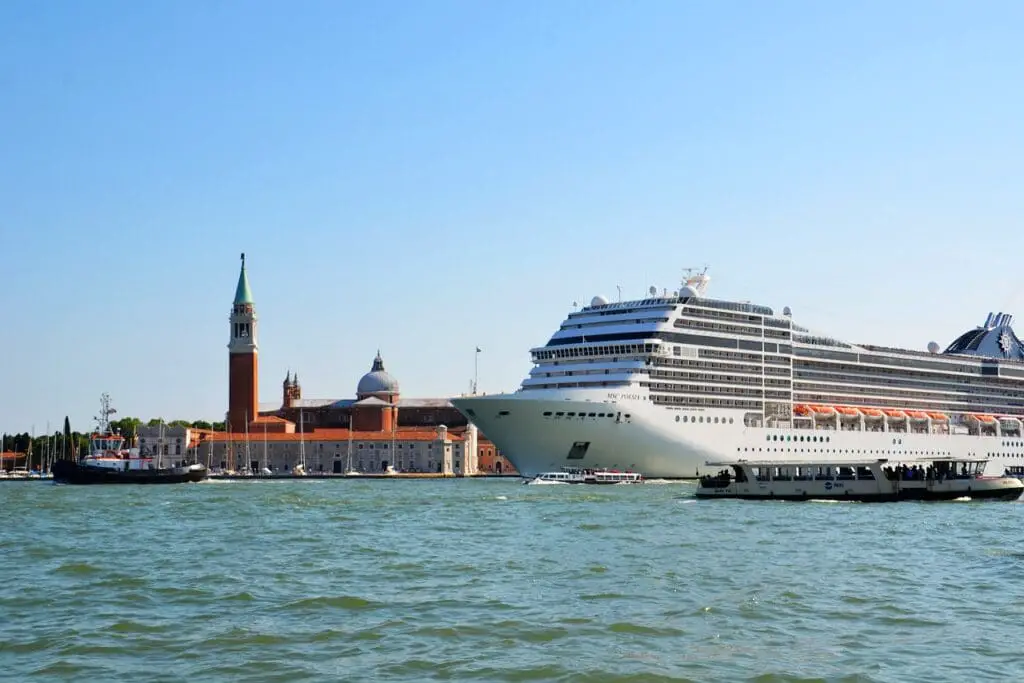In the ever-growing field of ecotourism and sustainable travel, link building is crucial for businesses looking to expand their online presence and reach a wider audience. This article explores the best practices for link building in the ecotourism and sustainable travel sector, providing valuable insights and practical tips to help you navigate the complex world of online marketing. From building relationships with relevant influencers to leveraging the power of content marketing, you’ll discover strategies that can skyrocket your website’s visibility and drive more traffic to your eco-friendly offerings. So, if you’re ready to take your ecotourism business to the next level, let’s dive into the world of link building! In the ever-evolving world of online marketing, link building is a crucial strategy for improving your website’s visibility and increasing its organic traffic. However, in the ecotourism and sustainable travel sector, it becomes even more important to ensure that your link building efforts are aligned with the values and principles of responsible travel. To help you navigate the realm of ethical link building, we have compiled a comprehensive guide on the best practices for link building in the ecotourism and sustainable travel sector.

Create High-Quality Content
When it comes to link building, the foundation is always high-quality content. In the ecotourism and sustainable travel sector, focus on providing valuable and informative content that educates and inspires your audience. Share tips on sustainable travel practices, highlight eco-friendly accommodations, and showcase nature conservation initiatives. Remember to use keywords and topics related to ecotourism and sustainable travel to optimize your content for search engines. Furthermore, ensure that your content is well-researched and accurate, as credibility is key in building a loyal and engaged audience.
Guest Blogging
Guest blogging is an effective way to not only earn backlinks but also establish relationships with other bloggers and influencers in the ecotourism and sustainable travel niche. Start by identifying relevant blogs or websites in the sector that align with your brand values and target audience. Once you have identified these platforms, reach out to blog owners or editors with a compelling guest blogging proposal. Craft high-quality guest posts that provide valuable insights or share personal experiences. Don’t forget to include relevant links back to your website, as this will boost your SEO efforts and drive traffic.
Build Relationships with Influencers
Influencers play a vital role in the eco-conscious traveler community. Identify influencers in the ecotourism and sustainable travel sector who have a significant following and align with your brand values. Engage with these influencers through social media platforms, liking and commenting on their posts, and sharing their content. This interaction helps build rapport and establishes your presence in the community. Consider collaborating with influencers on content creation or joint projects to leverage their audience and expand your reach.
Participate in Online Communities
Joining online forums, groups, and communities dedicated to ecotourism and sustainable travel allows you to interact with like-minded individuals and share your expertise. Find relevant communities where your target audience resides and actively contribute valuable insights and information to discussions. By becoming a respected member of these communities, you can establish yourself as an authority in the field and also include a link to your website in your profile. This will not only build your online presence but also drive organic traffic to your site.

Leverage Social Media
Social media platforms are powerful tools for promoting your ecotourism and sustainable travel initiatives. Regularly share your high-quality content on platforms like Instagram, Facebook, and Twitter to engage with your followers and increase brand awareness. Respond to comments and engage with your audience to foster a sense of community and encourage discussion. Actively participating in eco-friendly travel hashtags and discussions will help you connect with like-minded individuals and attract potential customers to your website.
Create Infographics and Visual Content
In today’s fast-paced digital world, images play a crucial role in capturing users’ attention. Creating visually appealing infographics related to ecotourism and sustainable travel can be a highly effective strategy for attracting backlinks. Develop informative and visually appealing infographics that highlight interesting facts, tips, or statistics about sustainable travel practices. Share these infographics on social media platforms and reach out to relevant websites for potential collaboration. Remember to include backlinks to your website within the infographics, as these will drive organic traffic and improve your website’s visibility.

Collaborate with NGOs and Non-Profit Organizations
Collaborating with local or international organizations working in the ecotourism and sustainable travel sector is a win-win opportunity. Identify organizations whose values align with yours and offer to collaborate on content creation or events. By partnering with these organizations, you can tap into their existing audience and gain valuable backlinks. Furthermore, including links to relevant resources on the organization’s website can enhance your credibility and provide visitors with additional valuable information.
Optimize Your Website for SEO
No link building strategy is complete without optimizing your website for search engines. Research and use relevant keywords in your website’s content to improve its visibility on search engine result pages. Optimize your meta tags and descriptions, making sure they accurately reflect the content of each page. Additionally, ensure that your website is mobile-friendly and has fast loading times, as these factors are increasingly important for both user experience and search engine rankings.

Reach Out to Travel Journalists and Bloggers
Travel journalists and bloggers who focus on ecotourism and sustainable travel can be excellent allies in promoting your business or initiatives. Identify reputable journalists and bloggers in the sector and personalize your pitches and press releases to catch their attention. Offer to provide expert opinions or contribute valuable content to their articles, showcasing your expertise in the field and establishing yourself as a trustworthy source. By leveraging these relationships, you can earn high-quality backlinks and drive targeted traffic to your website.
Monitor and Analyze Your Backlinks
Once you have implemented your link building strategies, it’s crucial to regularly monitor and analyze the backlinks pointing to your website. Keep an eye on the websites linking to your site and ensure they are of high quality and relevance. Identify any low-quality or spammy backlinks and disavow them to maintain the integrity of your website. Additionally, analyze the impact of backlinks on your website’s traffic and rankings to track the success of your link building efforts and make necessary adjustments.
In conclusion, link building in the ecotourism and sustainable travel sector requires a thoughtful and strategic approach. By creating high-quality content, guest blogging, building relationships with influencers, participating in online communities, leveraging social media, creating visual content, collaborating with NGOs, optimizing your website for SEO, reaching out to travel journalists and bloggers, and monitoring your backlinks, you can enhance your website’s visibility, attract targeted traffic, and establish yourself as a key player in the responsible travel industry. Embrace these best practices for ethical and effective link building, and watch your online presence soar to new heights.


